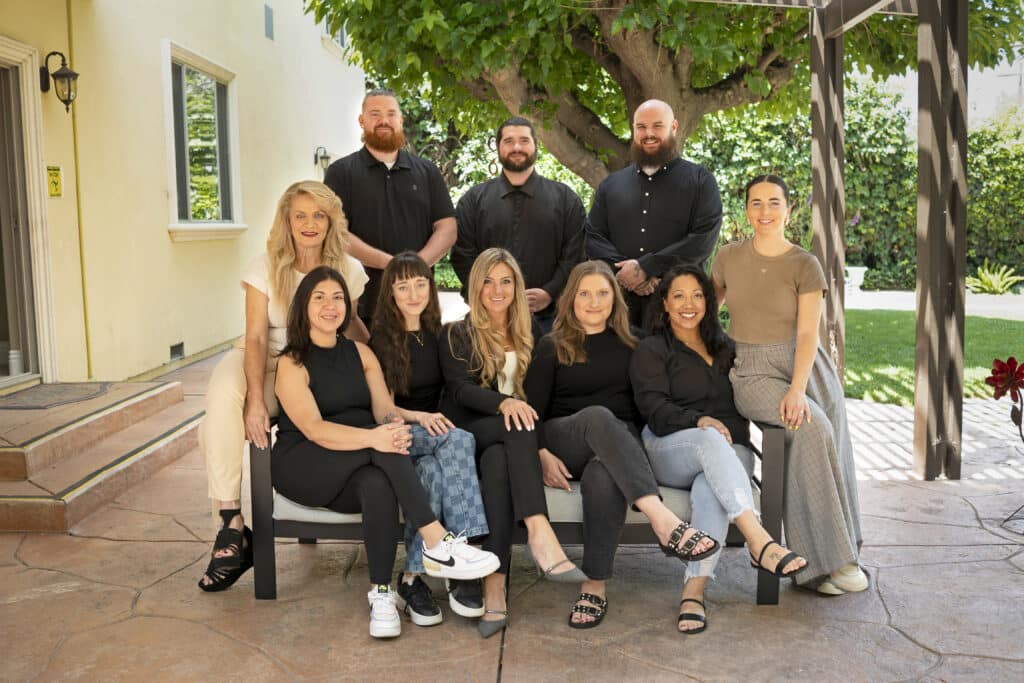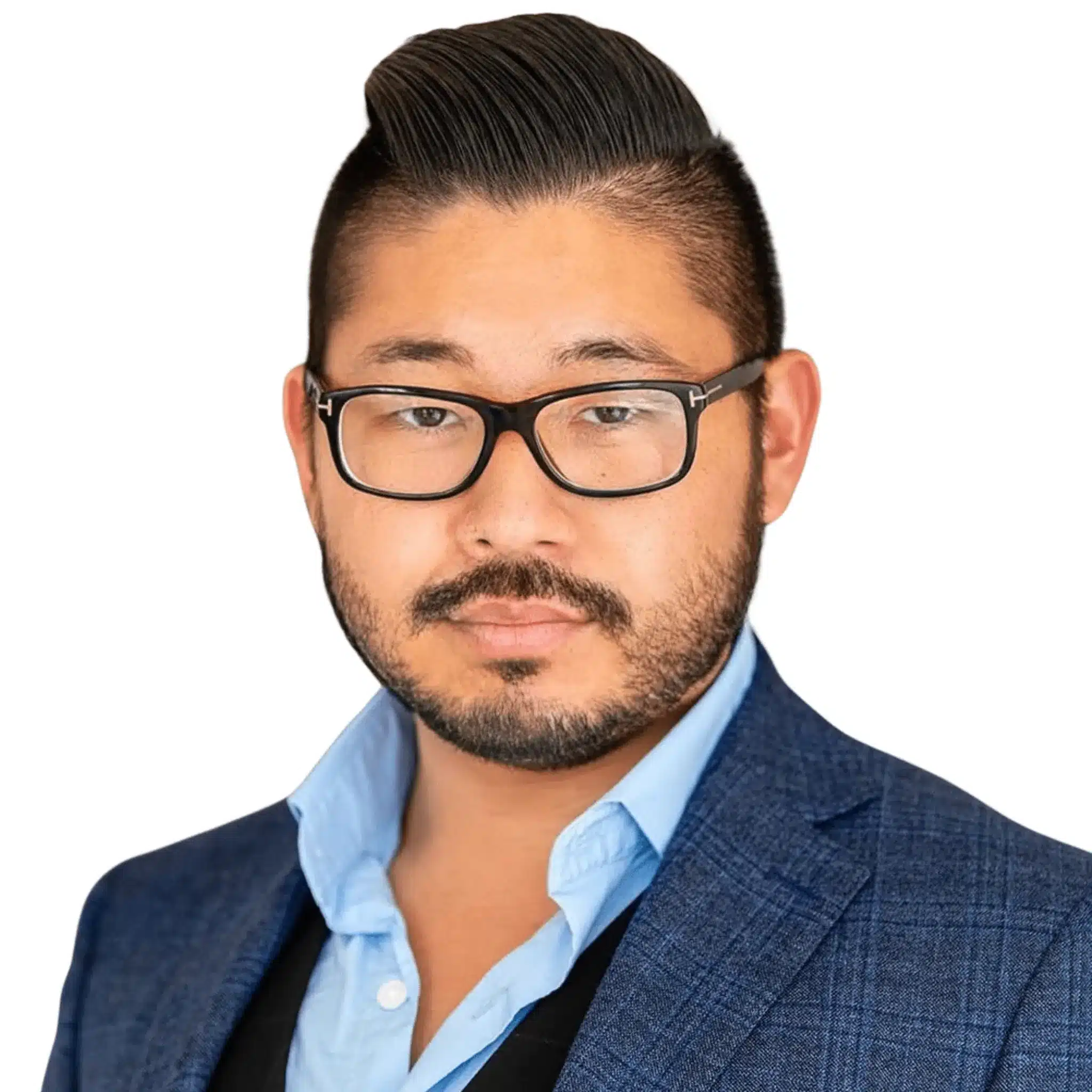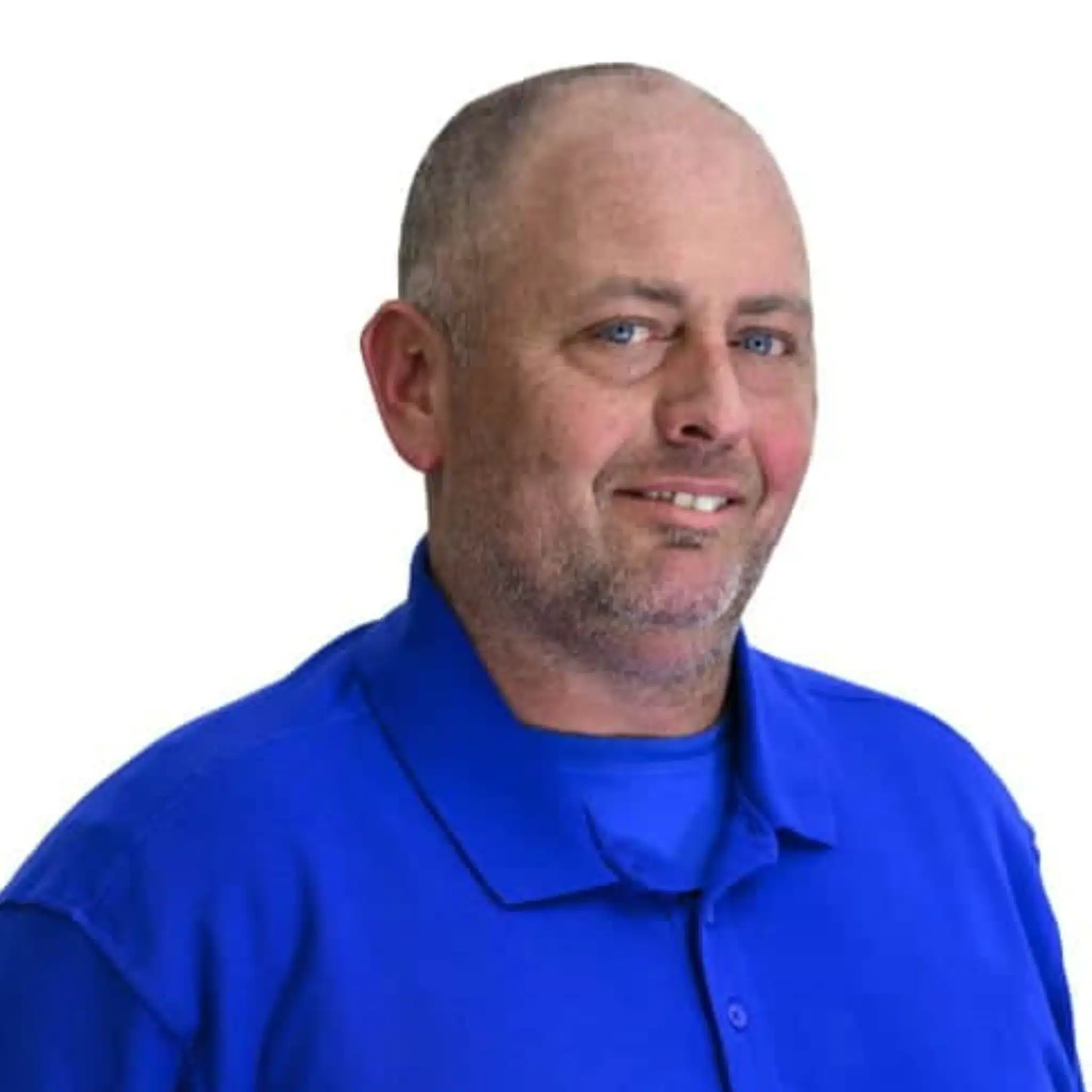
Adderall Tolerance Reset: 5 Safe Ways (2026 Guide)
Battling Adderall tolerance can feel hopeless, but these five evidence-based reset strategies might restore your medication’s effectiveness.
Confidential and private Support Without Limits, Day and Night
With professional care and support, you can overcome addiction at our trusted northridge addiction treatment center. We provide compassionate, evidence-based addiction treatment through medical detox, residential treatment, and specialized therapy programs. Our exclusive 12-patient luxury facility in Northridge delivers personalized care for lasting recovery.
Contact us today to begin your treatment journey at a dedicated Northridge treatment center focused on healing and long-term wellness.
Our Northridge Addiction Treatment Center Facility
Recovery is more than just sobriety, it’s an opportunity for a fresh start through compassionate, individualized addiction treatment. Our northridge treatment center provides residential addiction treatment in an exclusive, healing environment.
NATC is a premier luxury rehab facility in the Northridge area of Los Angeles Valley, surrounded by California’s breathtaking beaches and mountains. Our exclusive 12-patient capacity creates a tranquil environment where individuals can focus on healing from drug addiction, alcohol addiction, and co-occurring disorders. As a trusted northridge recovery center, we offer residential treatment with semi-private accommodations and private rooms available for added comfort.

Who WE ARE
At Northridge Addiction Treatment Center, we believe recovery begins with genuine human connection. Addiction treatment should feel personal, supportive, and rooted in compassion, not clinical, rushed, or impersonal. That belief is the foundation of our northridge drug addiction treatment and northridge alcohol addiction treatment programs.
We didn’t create our northridge rehabilitation center to be just another facility. We created it to be a place where individuals feel safe, respected, and truly cared for as they begin healing from drug abuse and alcohol abuse through evidence-based substance abuse treatment.
Our residential addiction treatment program is intentionally designed to provide a calm, comfortable, and welcoming environment. You won’t find overcrowded spaces or an institutional atmosphere at our northridge treatment center. Every aspect of our facility, from our setting to our clinical and holistic addiction therapy, is centered on helping individuals feel stable, supported, and empowered throughout addiction recovery.
meet the team
Our staff members and clinicians know what you’re going through, because many of them are in recovery as well. We take your progress personally and invest in your success because we’ve been in your shoes.

Executive Director | CADC II

Clinical Director | LCSW

Alumni Coordinator

Executive Director | CADC II
Feedbacks & Reviews
We are proud to earn acclaim from our community with a 4.9 rating on Google. See all our Google reviews
Trustindex verifies that the original source of the review is Google. My experience at Northridge Addiction Treatment Center was one of the most rewarding and life changing experiences I have ever had. The staff was amazing; it was very obvious from the start that they truly cared about the clients. They have supported me so much in my recovery and I will be forever grateful for everything they have done for me. I feel that they will continue to support me in my recovery journey even after I go home. I have also made some of the closest and supportive friends I have ever met. I look forward to a lifetime of true friendship with all of them. Thank you to everyone who has been a part of this amazing experience. I love you my friends, and I will carry you with me always.Trustindex verifies that the original source of the review is Google. This has been the most rewarding experience of my life and I’ve made great friends. Jude my counselor was fantastic and very in tune with me during our session. I would like to give a shout out to Andy Woodward who made this experience more fun. Jen, Clint, Brian, Patrick , Kevin, Ty and Lee were all so helpful and made this experience not only bearable but fun for me. I give you all the highest praise! Thank you so much!Trustindex verifies that the original source of the review is Google. The staff here were great. I greatly appreciate Ben in admissions never would have gotten here without him. Also, in house staff were amazing. JUDE, Patrick, Clint and Jen. Couldn’t be more pleased. Thank you!Trustindex verifies that the original source of the review is Google. Original NATC TAMPA house client. We all know my guy Andy Woodward was a big inspiration for me to get sober Andy sure deserves more money per year than what anyone’s willing to give him. Loved NATC because Andy worked there💯Trustindex verifies that the original source of the review is Google. I came to Northridge Addiction Treatment Center in Encino back in March not knowing exactly what I needed, only that I wanted to find the right path for my life. What I found there was more than just a treatment program, I found people who genuinely cared about me, my sobriety, and my future. From day one, I felt seen and supported. I believe that God put me here for a reason, and I want to especially recognize Andy Woodward, who had a massive impact on me. He has a way of breaking down the 12 steps that made them feel doable instead of overwhelming. His groups were some of the most engaging and eye-opening experiences I’ve ever had. He made recovery feel like something I could truly own. I also had an incredible counselor, Jude, who listened deeply and helped me work through some of the harder personal things I had buried for years. There are many others I’m so grateful for, Brian, Anthony, Pat, Olivia, Jen, Justin, and Clint. Each one of them played a part in helping me find hope again. There’s even one more staff member whose name I can’t remember, but I’ll never forget her smile, she had a calming presence that stuck with me, even in my dreams (Maybe Olivia). Idk🤔 This place didn’t just teach me how to stay sober, it taught me how to live with purpose. If you’re even slightly considering getting help, NATC could be that life-changing chapter you didn’t know you needed. Gang GangTrustindex verifies that the original source of the review is Google. Coming here I didn’t know anything about recovery or treatment. I am leaving as a graduated member of this program with a plethora of information, connections, friendships, resources and knowledge. This is not just a recovery house. This is a home, the family that is employed here genuinely cares about you and your recovery. Everyone, I mean everyone is here for you. I personally have never felt anything like this. We all share something in common and you are the priority. I would recommend this program to everyone, especially those that I hold close to my heart. Not just this program. but these men and women that are here have changed my life.Trustindex verifies that the original source of the review is Google. Fantastic treatment center. I was on the fence initially as i have never been through treatment. But, the staff here are very knowledgeable and treat their clients very well. Couldn't recommend it enough.Trustindex verifies that the original source of the review is Google. I can't explain the gratitude that I have for this location. They took my son in and mentored him and loved him like he was family. Andy picked my son up from a local restaurant and what Andy found was a very broken individual, only a empty shell of what he once was and quite honestly he was on a path on self destruction, the alcohol and depression had taken it's toll. He didn't care about anything and honestly he hated himself, Andy, Olivia and so many others at this facility excepted him as he was and started working with him the moment he arrived. Today by the grace of God he is sober and living the life that the good Lord intended for him. My family and I will be forever grateful for this facility and the many God sent "Angels" that rescued my son from himself.Trustindex verifies that the original source of the review is Google. Very good place to get help at. All of the staff is Wonderful. Daily staff cleaning. Great program to enroll in for treatment. Came in here as a dickhead wanting to leave and not be in treatment, but once my time came for me to discharge I actually ended up extending my time here. If I can do it and Love it- anyone can. Got to be patient and be WILLING/OPEN to change in yourself. Highly recommend!Trustindex verifies that the original source of the review is Google. The clinical staff was very good. The techs were very helpful. I’m very happy I made the choice to come here. I feel confident in my sobriety because of NATC. Thank you for everything!
Northridge Addiction Treatment Programs
Our luxury northridge rehab center provides numerous amenities focused on your comfort, while our medical team delivers evidence-based addiction treatment. We offer medical detox, residential treatment, and specialized therapy programs for drug addiction, alcohol addiction, and co-occurring disorders.

Facilitation Therapy

Medically Assisted

Drug Types

Medically Assisted

Behavior Therapy

Medically Assisted

Treatment Types
In just a few minutes, we’ll give you perspective of how your insurance may help with your recovery from addiction. Even if you don’t see your insurance providers logo here, you may still be eligible for coverage.
Fill out the secure form and we will contact you with clarity about your insurance coverage.
faqs
I need help for myself
If you find it difficult to control your use of substances or behaviors, even when they cause harm, it might be time to seek help. A trained professional at our northridge addiction treatment center can help assess your drug addiction or alcohol addiction situation and guide you through the next steps toward recovery.
Inpatient treatment at our northridge rehab center involves staying at our luxury facility where you receive 24/7 care and support. You’ll participate in residential addiction treatment, therapy, and activities that help you focus on recovery from drug abuse or alcohol abuse, free from distractions and daily pressures.
At our northridge treatment center, you’ll experience a safe, supportive environment where you’ll participate in therapy, group sessions, and activities that help with healing. Our medical team provides addiction treatment including medical detox, CBT, DBT, and holistic therapies. We guide you through every step of your addiction recovery in our exclusive 12-patient facility.
After completing residential treatment at our northridge rehabilitation center, we offer continued support through outpatient therapy, support groups, and check-ins. You’ll have the resources you need to maintain your addiction recovery and transition back to everyday life with ongoing substance abuse treatment support.
I need help for someone else
An intervention is a structured conversation with your loved one where family and friends encourage them to seek treatment. It’s a way to help them see the impact of their addiction and motivate them to get the help they need.
The admissions process starts with an assessment to understand your loved one’s needs. From there, we guide you through the steps to get them ready for treatment, including medical evaluations and setting up support resources.
Help your loved one understand that addiction is a medical issue, not a personal weakness. Be supportive and non-judgmental, and encourage them to seek help. Your understanding can reduce feelings of shame and encourage them to take the first step toward recovery.
Stay involved in their recovery by attending support groups, therapy, and staying patient. Help create a positive environment at home and encourage them to stay connected with their recovery team. Your support is key to their long-term success.


Battling Adderall tolerance can feel hopeless, but these five evidence-based reset strategies might restore your medication’s effectiveness.

Tolerance to Adderall isn’t necessarily permanent, but the timeline for reversing it depends on factors most patients overlook.

One surprising strategy for reducing Adderall tolerance works while you sleep, but only if you follow this specific protocol.